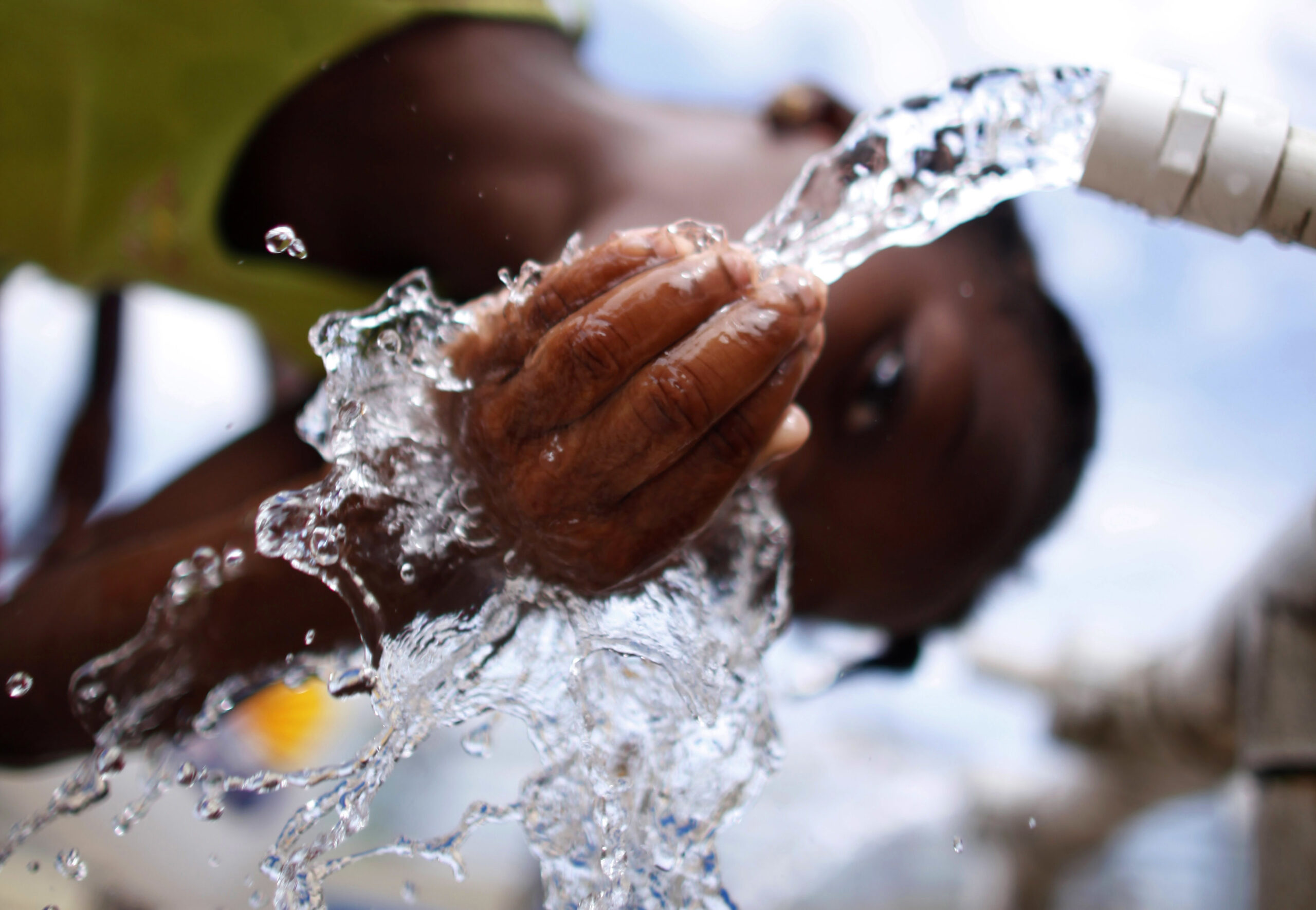Rain barrels are all the rage among eco-conscious homeowners and garden enthusiasts, and for good reason. They help conserve water, reduce reliance on mains supply, and are a sustainable step towards protecting the environment. But if you’ve already installed one or are planning to, ensuring the water stays clean and safe should be your top priority.
This blog covers everything you need to know about maintaining your rain barrel, from cleaning and mosquito-proofing to improving water quality and leveraging smart tools. Whether you’re an experienced gardener or just starting out, these tips can help you get the most out of your rain barrel while staying eco-friendly.
What Are Rain Barrels and Why Are They Important?
A rain barrel is a simple, yet effective, system designed to collect and store rainwater from your roof. Positioned at the base of a gutter downspout, it traps runoff that can later be used for watering plants, cleaning outdoor surfaces, or non-potable uses around the home.
The environmental benefits of rain barrels are undeniable. Not only do they help conserve fresh water resources, but they also play a key role in reducing stormwater runoff, which can carry pollutants into nearby waterways. If you’re a sustainability enthusiast, investing in a rain barrel is a practical way to lower your eco-footprint.
Why Water Quality Matters
Rainwater is often considered naturally pure, but the reality is more complicated. Once it collects in your rain barrel, dirt, debris, insects, and even contaminants from your rooftop can affect its quality.
Here’s why maintaining clean water in your rain barrel is essential:
- Healthy Plants: Plants may struggle to thrive if water contains harmful bacteria or excessive algae.
- Mosquito Control: Stagnant, untreated water invites mosquitoes, increasing the risk of diseases such as dengue or West Nile virus.
- Sustainability Goals: Properly maintained rainwater ensures you benefit from your eco-friendly efforts.
Now that we’ve established its importance, here’s how you can keep your rain barrel clean and safe.
3 Simple Tips for Maintaining Rain Barrel Water Quality
1. Regular Cleaning
Cleaning your rain barrel occasionally is a simple and crucial task to prevent algae and bacterial buildup. Over time, leaves, dirt, and debris can sit at the bottom and pose hygiene risks.
Here’s how you can clean effectively:
- Step 1: Empty the barrel completely (reuse the water in your garden to avoid wastage).
- Step 2: Use a soft scrub brush and a mild solution of water and vinegar to disinfect the barrel. Avoid harsh chemicals that can contaminate the water.
- Step 3: Rinse thoroughly and allow to dry before refilling.
Cleaning your rain barrel once or twice a year is generally enough, but add a mid-season cleaning if heavy storms deposit excessive debris.
2. Protect Against Mosquitoes
A rain barrel can quickly turn into a mosquito breeding ground without the right protection. Fortunately, there are several easy ways to prevent this.
- Use a Tight Lid: Seal your barrel with a secure lid or mesh barrier to stop mosquitoes from accessing the water.
- Add Mosquito Dunks: These natural, safe-to-use products contain bacteria that specifically target mosquito larvae without harming plants or animals.
- Regular Drainage: Don’t allow water to stagnate for too long—use it frequently and empty the barrel completely during dry spells.
3. Filter and Treat Water
Improving the quality of rainwater collected in your barrel doesn’t have to be complicated.
- Install a Downspout Filter: This prevents leaves, twigs, and debris from entering your rain barrel in the first place.
- Use a Fine Mesh Screen: Add this over the top of your barrel to further filter incoming rainwater.
- Treat the Water: You can opt for natural treatment options like adding a small amount of white vinegar, which prevents algae buildup without harming plants.
With these steps, you’ll have water that’s not only clean but also safe for your garden and other outdoor projects.
Best Practices for Using Rain Barrel Water
Wondering how best to use all that collected water? Here are some tips to help you maximise its value as an eco-friendly gardener:
- Water Plants Early in the Morning: This reduces evaporation under the sun and ensures plants soak up the nutrients they need.
- Avoid Using on Edible Plants: Unless treated, rainwater can carry pathogens that may contaminate fruit and vegetables.
- Invest in Smart Water Tank Tools: For larger water storage, smart water tank level indicators can track how full your tank is. These tools are particularly useful during dry spells to help you plan water usage efficiently.
Positively Impacting the Environment
Maintaining your rain barrel may require a small amount of effort, but the benefits far outweigh the effort involved. Not only are you conserving water and reducing pollution, but you’re also creating a sustainable environment that helps plants flourish.
Need help optimising your eco-friendly gardening? Bookmark this guide or share it with a friend who might benefit. Together, we can make rain barrels a household staple for sustainable living.
Frequently Asked Questions
How often should I clean my rain barrel?
It’s best to clean your rain barrel at least once or twice a year, particularly after extended use or following heavy storms that may deposit excess debris.
How can I stop algae from growing in my rain barrel?
Algae thrives in sunlight and stagnant water. Use a tightly fitted, opaque lid to block sunlight, and treat your water occasionally with safe, natural treatments like white vinegar.
What type of cover should I use for my rain barrel?
A secure, tightly fitted lid or mesh screen works well. This keeps out debris and prevents mosquitoes from using the stagnant water to breed.

